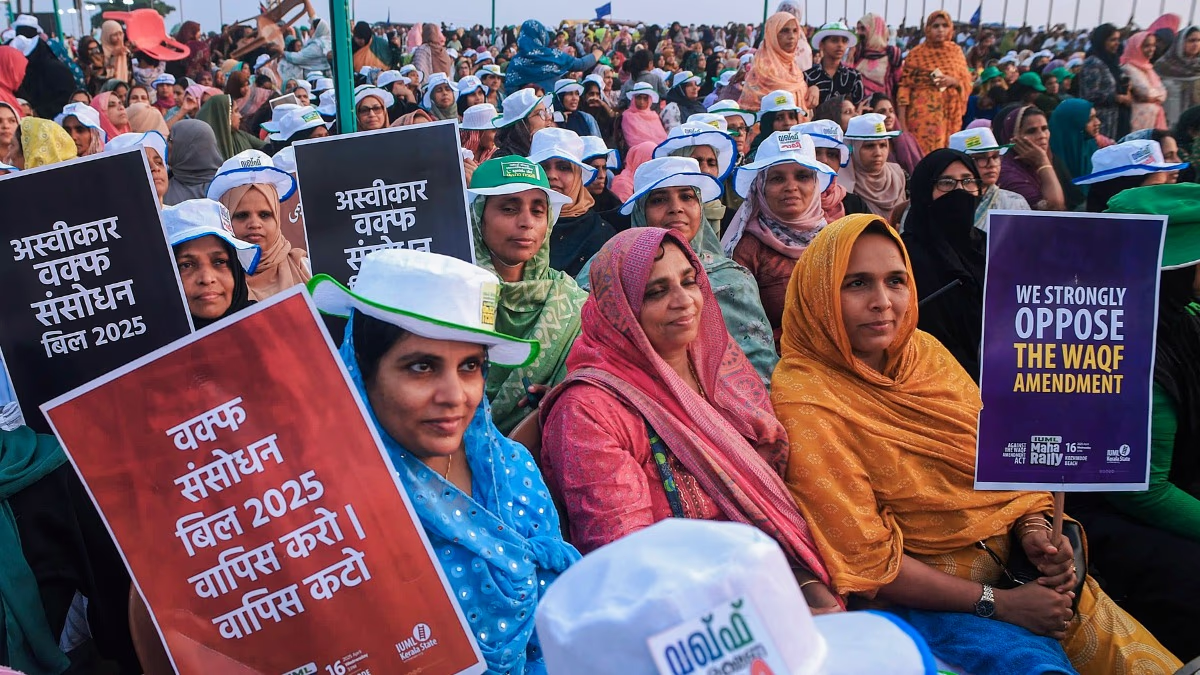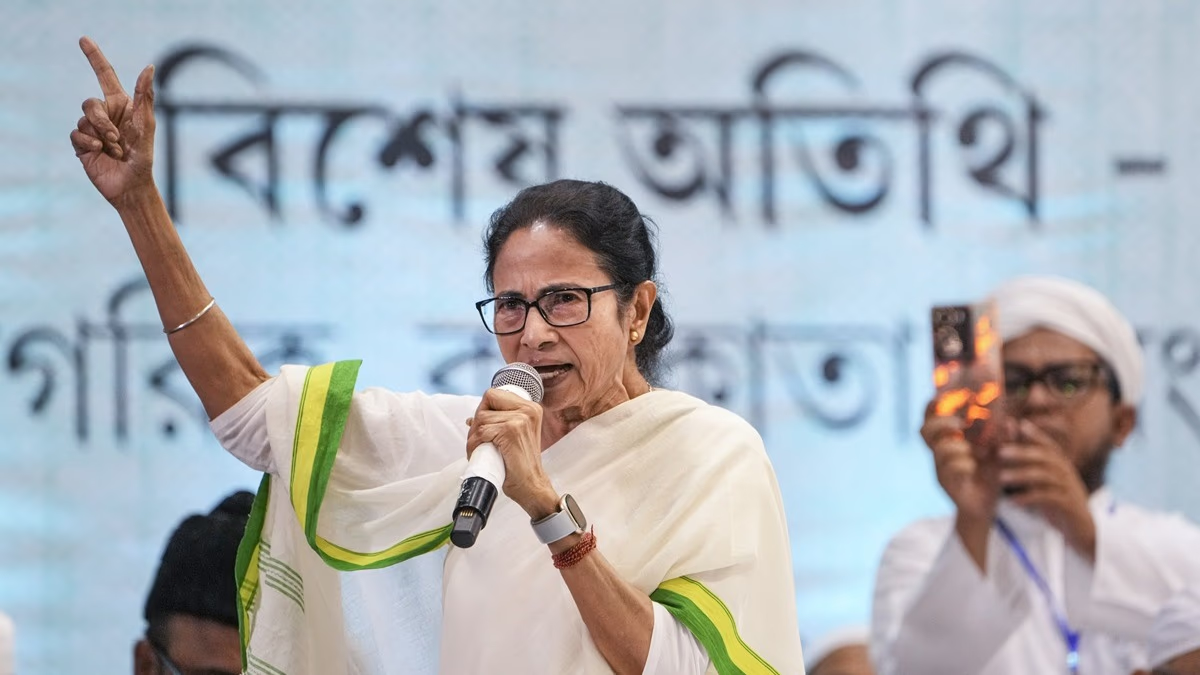The inclusion of non-Muslims in the Waqf Board created waves during the Supreme Court hearing. Judges questioned the rationale behind allowing non-Muslims in Waqf administration while such provisions aren't applied to Hindu endowments.
Reiterating the legal nature of the Waqf Board, JPC Chairman Jagdambika Pal stated that the inclusion of non-Muslims is justified. Senior advocate Vishnu Shankar Jain supports their removal from Waqf Board and Council but under a condition.
During Wednesday's Supreme Court hearing, judges asked Solicitor General Tushar Mehta, "Are you suggesting that Muslims may now be part of Hindu endowment boards?"
Kapil Sibal, representing Muslim litigants, argued that in the Central Waqf Council, the inclusion of non-Muslims, particularly in large numbers, weakens the religious character of the body overseeing Muslim charitable endowments.
He stated, "Unlike Hindu and Sikh religious boards, where only members from the respective religion are represented, this council includes MPs and professionals who need not be Muslim." He remarked that this provision violates Article 26's guarantee for religious sects to manage their affairs.
Jagdambika Pal shared his perspective on the Supreme Court-raised matter, noting the historical context where similar questions arose in cases like Ramraj Foundation vs. The Union of India (2010).
The Court had declared the Waqf Board as a legal entity, responsible for the maintenance of Waqf properties, not a religious institution.
Referring to another case, Jagdambika Pal cited the Karnataka State Waqf Board vs. Nazir Ahmed, where the Court ruled Waqf Board to be a legal and not a religious body.
Further referencing cases, he pointed out rulings like that of the Tamil Nadu High Court, asserting no religious autonomy for the Waqf Board.
Pal emphasized having come across various cases where High Courts confirmed the non-religious status of the Waqf Board, justifying non-Muslim inclusion doesn't infringe on religious freedom.
India operates 30 Waqf Boards across 28 states and union territories. The Central Waqf Council, established in 1964 under the Waqf Act, 1954, operates under the Ministry of Minority Affairs' administrative authority.
Pal highlighted the role of the Waqf Board in property maintenance, justifying its administrative character. It's reasonable to include administrators, be they Muslim or not.
Pal clarified that the issues surrounding non-Muslim presence stem from petitioners and their lawyers, not the Supreme Court, which sought the government's insight. Such concerns were addressed in JPC meetings with deliberations on three key points.
On non-Muslim presence in the Waqf Board, Pal noted the legal foundation of the body under the Waqf Act, questioning how it could be exclusive to one community.
Opposition Criticizes Government
Congress MP Pramod Tiwari echoed Supreme Court's concerns, aligning with issues raised by the party before the JPC and in parliament. He labeled the law as breaching Articles 25 and 26 of the Constitution.
Senior advocate Majeed Memon raised crucial questions before the Supreme Court, questioning if Muslims can join Hindu Boards, should Hindus be allowed to join Muslim Boards too? This places the BJP government in a dilemma, with any stance potentially sparking controversy.
Understanding Constitutional Articles 25 and 26
Article 25 ensures freedom of conscience and the right to profess, practice, and propagate religion, while Article 26 allows the establishment and management of religious institutions for religious and charitable purposes.
Supreme Court Can't Directly Hear This Case
According to senior advocate Vishnu Shankar Jain, the Supreme Court can't directly hear the matter under Article 32, as previous similar cases were directed to High Courts. An interim order here would set a poor precedent.
Jain remarked on a temple demolition near Delhi's Yamuna riverbanks, cited as needing no divine protection and upheld by the Supreme Court. If a temple, church, or gurdwara cannot be user-managed, neither should Waqf. The concept of Waqf by user should cease, and assets acquired improperly should be reclaimed.
Vishnu Shankar Jain supports removing non-Muslims from the Waqf Board and Council, emphasizing the Waqf Act 1995 doesn't apply to non-Muslims.




